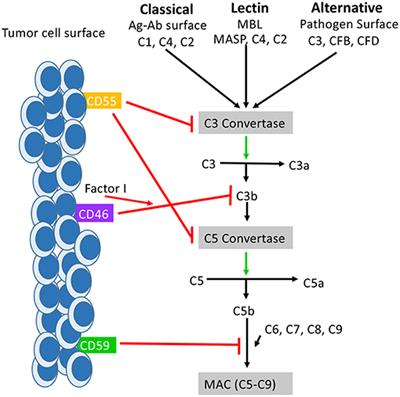EDITORIAL
Published on 11 Feb 2020
Editorial: The Role of Complement in Tumors
doi 10.3389/fimmu.2020.00139
- 2,774 views
- 4 citations
28k
Total downloads
110k
Total views and downloads
EDITORIAL
Published on 11 Feb 2020
REVIEW
Published on 19 Jul 2019

HYPOTHESIS AND THEORY
Published on 07 Jun 2019

REVIEW
Published on 21 May 2019

REVIEW
Published on 10 May 2019

MINI REVIEW
Published on 09 May 2019

ORIGINAL RESEARCH
Published on 03 May 2019

REVIEW
Published on 10 Apr 2019

REVIEW
Published on 03 Apr 2019

REVIEW
Published on 25 Sep 2018

